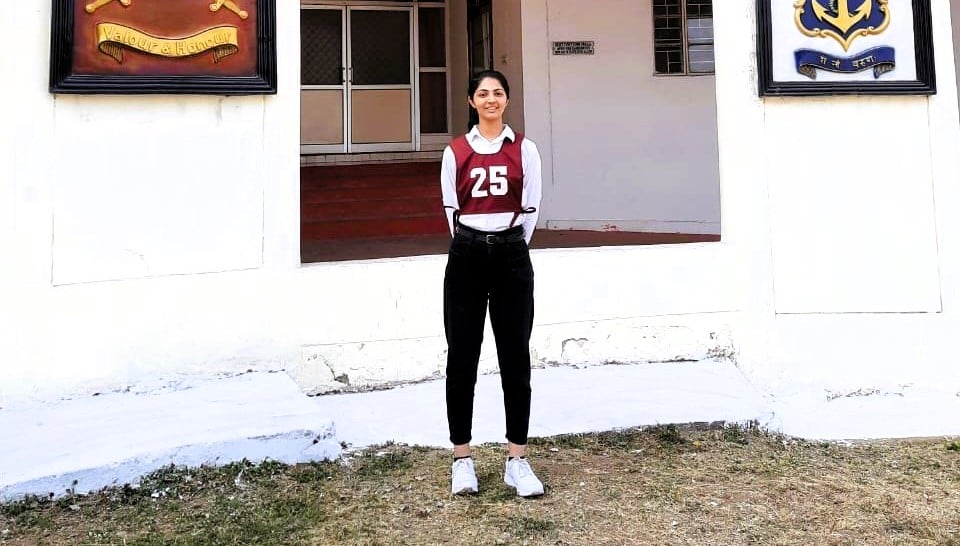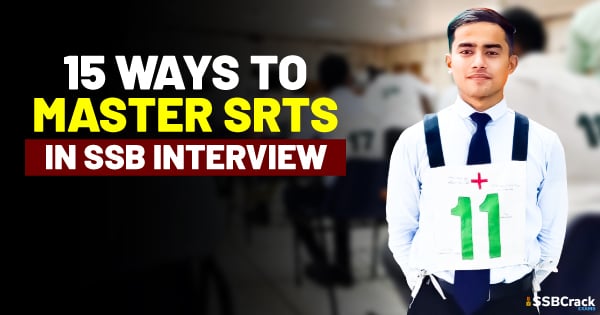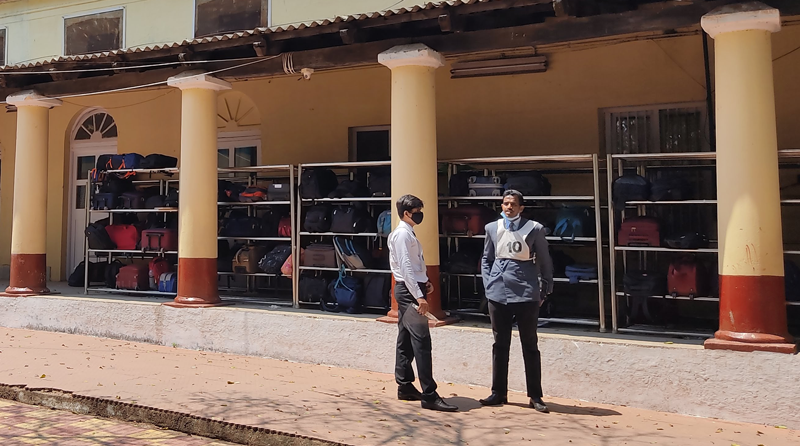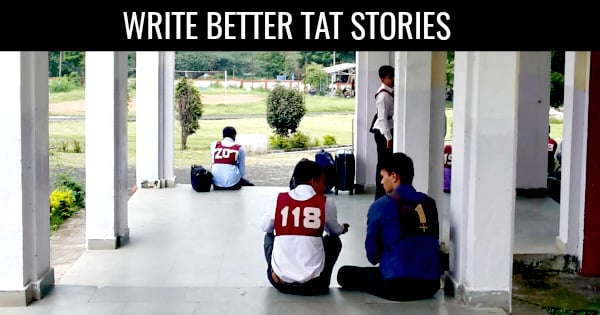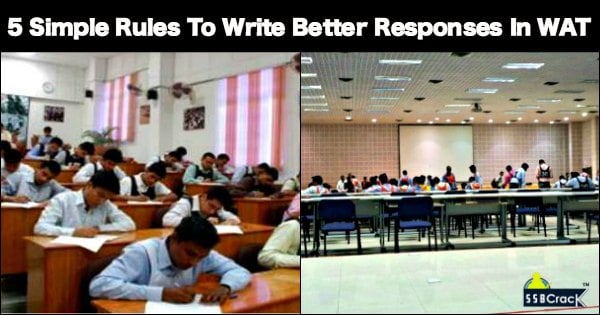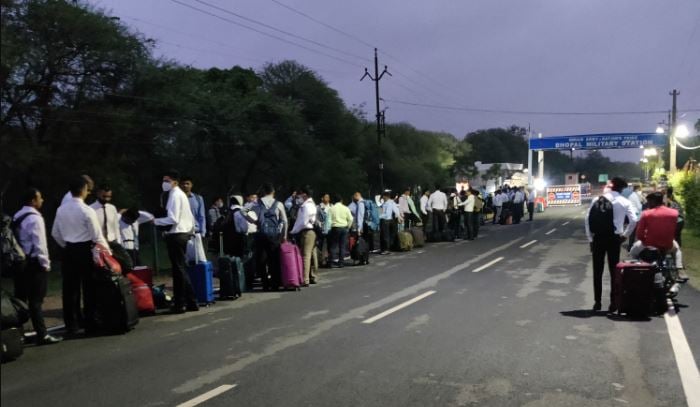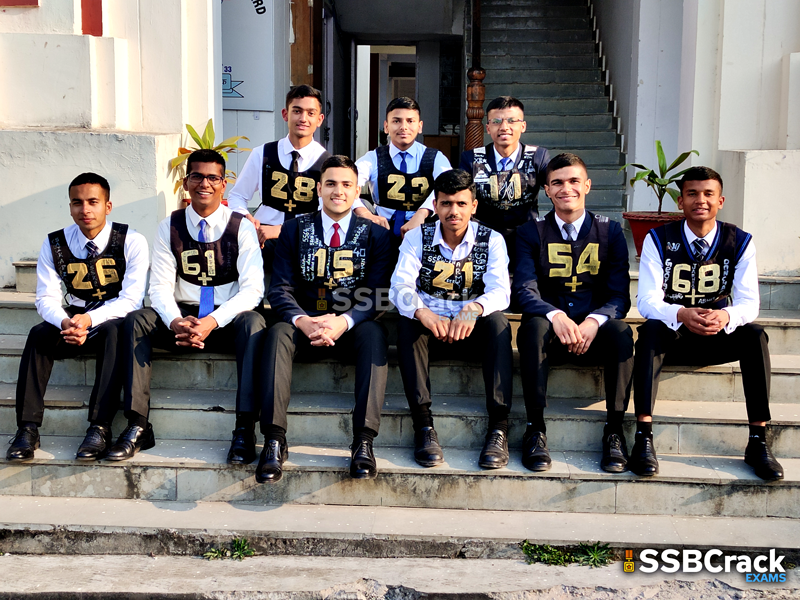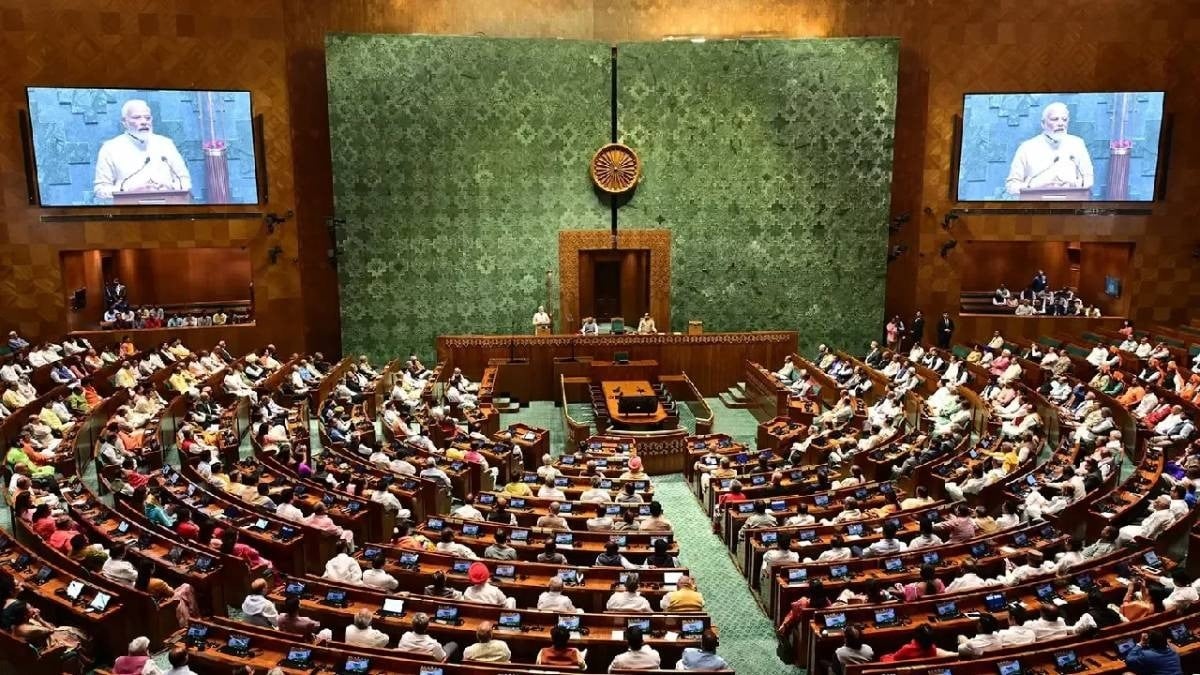The Word Association Test (WAT) serves as a pivotal psychological assessment tool, prominently utilized in Service Selection Board (SSB) interviews across defense forces worldwide. This innovative evaluation is designed to delve deep into candidates’ subconscious minds by prompting spontaneous reactions to a series of stimulus words. Its elegance lies in its simplicity, as the test reveals essential personality traits, cognitive pathways, and emotional responses that might otherwise remain veiled.
During an SSB interview, candidates encounter a sequence of words shown briefly on a screen. Their task is to provide the immediate association or the first thought that arises in connection to each word. This spontaneous response is then meticulously analyzed by trained psychologists. The insights garnered from these associations play a crucial role in assessing various attributes deemed vital for military leadership, including decision-making capabilities, stress management, leadership potential, and team dynamics.
Importance of Word Association Tests
WAT proves to be a unique lens through which a candidate’s authentic self can be observed, unveiling:
-
Underlying Personality Traits: The immediate responses provide glimpses into deep-seated characteristics that define an individual.
-
Emotional Responses Under Pressure: Candidates’ reactions can indicate how well they handle stress and challenging scenarios.
-
Cognitive Processing Patterns: It allows evaluators to understand how candidates think and respond in different situations.
-
Values and Belief Systems: The associations reflect personal values and what drives the individual.
- Potential Strengths and Areas for Development: It helps in identifying both the advantages and the developmental needs of the candidate.
For defense boards, these insights are invaluable in discerning individuals whose psychological characteristics align with the rigors of military service.
Strategies for Success in WAT
To excel in a Word Association Test, candidates may adopt several effective strategies:
-
Embrace Authenticity: Genuine responses will yield the most accurate psychological profile. Attempting to craft "perfect" answers can lead to inconsistencies.
-
Regular Practice: Candidates should engage in exercises that encourage rapid and confident responses. Familiarizing oneself with diverse word lists can enhance cognitive agility.
-
Maintain Positivity: Whenever possible, frame responses in a positive light, demonstrating an optimistic outlook.
-
Avoid Clichés: Unique responses are preferred; using generic phrases may suggest a lack of original thought.
-
Concise Expression: Responses should be brief and directly connected to the stimulus, typically a single word or short phrase.
- Vocabulary Development: A rich vocabulary allows for more nuanced and precise associations.
Examples and Optimal Responses for 2025
Here are examples of stimulus words along with optimal responses that highlight constructive perspectives:
- Challenge – Opportunity for growth
- Failure – Learning experience
- Teamwork – Collective achievement
- Leader – Inspires action
- Stress – Catalyst for improvement
- Enemy – Worthy opponent
- Decision – Informed choice
- Family – Unconditional support
- Adventure – Exploring boundaries
- Discipline – Consistent effort
- Honesty – Foundation of trust
- Dream – Future visualization
- Fear – Courage’s prerequisite
- Joy – Inner fulfillment
- Pain – Temporary teacher
- Love – Selfless devotion
Advanced Response Patterns for 2025
Candidates who excel in contemporary selection processes often showcase specific attributes in their responses:
- Emotional Intelligence: Awareness of personal and others’ emotions.
- Adaptability: Comfort with change and uncertainty as evident in their associations.
- Ethical Clarity: Strong moral foundations that remain flexible.
- Technological Fluency: Balance between technological integration and human-centric concepts.
- Global Perspective: Recognition of interconnected global challenges.
Common Pitfalls to Avoid
Candidates should be cautious of responses that may negatively impact their evaluation:
- Aggressive or Hostile Associations: Suggest difficulty managing anger.
- Overly Self-Centered Responses: Indicate challenges with teamwork.
- Consistently Negative Patterns: Reflect a pessimistic outlook.
- Abstract or Unrelated Answers: Signal difficulty in focusing.
- Repetitive Response Patterns: May indicate limited psychological flexibility.
Conclusion
The Word Association Test remains a vital element in psychological assessments for defense selection in 2025. It offers critical insights into candidates’ cognitive and emotional landscapes. By grasping the test’s purpose and approaching it with authenticity, individuals can effectively display their true qualities.
The aim isn’t to provide universally "perfect" answers but to convey a balanced and resilient character suitable for military leadership challenges. The examples and strategies outlined can aid candidates in refining their response patterns, showcasing their potential as military professionals.
With the right preparation and self-awareness, the WAT transforms from a mere assessment into an empowering opportunity to exhibit unique psychological strengths.
